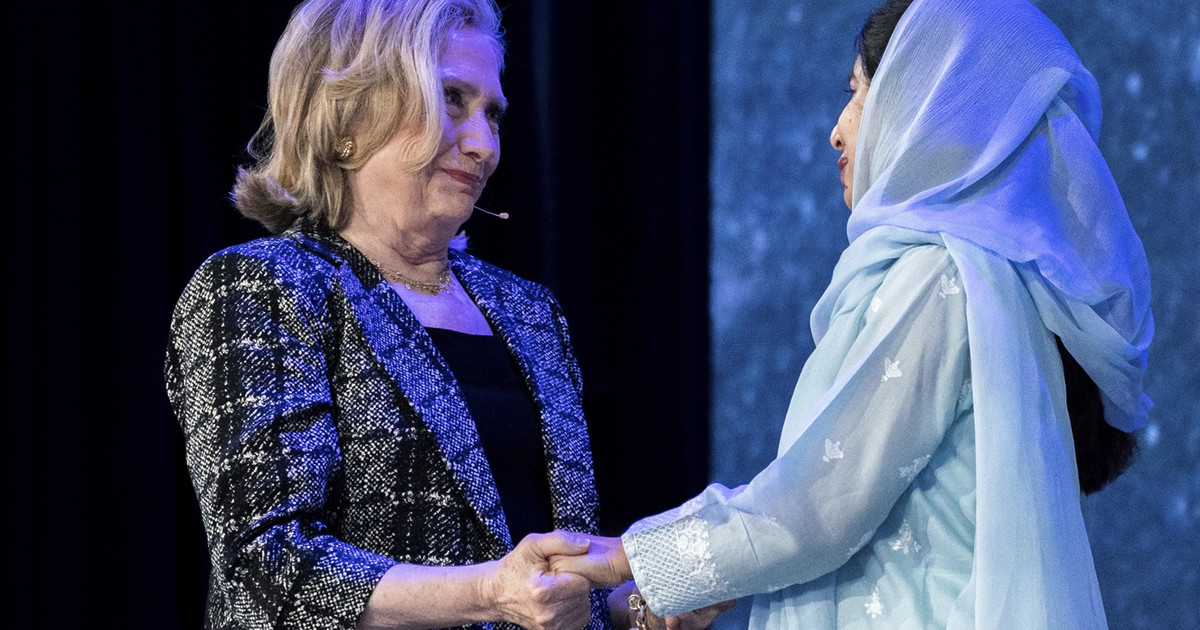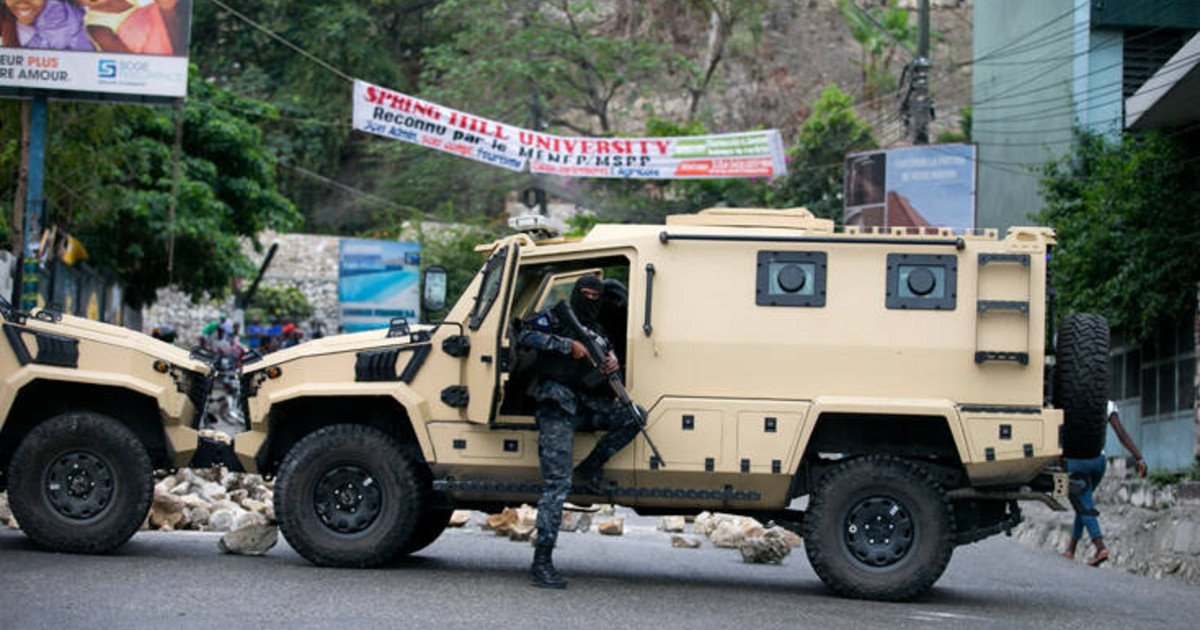In addition to the party composition of Congressional seats, state/district Assemblies and Executive positions, the Elections 2022 presented important milestones for social minorities.
These groups, historically underrepresented in positions of power, face several obstacles to including their voices in the political scenario: from the difficulty in accessing formal education to the lack of funding for political campaigns by the parties, structural barriers prevent Brazil’s social scenario from being reflected in the political composition of the country’s leaders.
However, the scenario began to change.
Committed candidates with a place to speak
In 2022, they were elected in the first round 525 self-declared black or brown candidates, out of a total of 14,712 registered candidates of that population. This represents a 10.78% growth in the number of elected officials compared to 2018 and 12.89% compared to 2014.
AND, for the first time, black and brown candidacies surpassed 50% of candidates in the elections, with a total of 50.27% of registered candidates – a percentage a little closer to the reality of Brazil, considering that the country has, according to official data, 56.2% of the black or brown population.
For Elisa de Araújo director of political articulation at IPA (Instituto de Política Preta e Advocacy) and articulator of Mulheres Negras Decidem, the historical total of blacks and browns elected in 2022 can be explained as an effect of affirmative policies, such as the judgment of the TSE 2020 that determined the proportional distribution of resources for black and white candidates in the parties.
“We know that competitive candidacies are those that receive investment, receive money, often receive institutional investment from the party”, says Elisa. “And the TSE judgment, like other quota policies, is a way of recognizing that, structurally, Brazil is a racist country, and if we don’t build affirmative actions, if we don’t interfere in the process, this problem of representation will never be healed”.
In addition, experts also point out that there is a cultural change in Brazil. Topics such as racism, representation and racial quotas are at the center of public debate, and more and more black intellectuals are gaining a voice and space to present their point of view.
Second José Vicente dean of the Zumbi dos Palmares University, the centrality of discussions about racism in Brazil “it is an expression of the persistence of black people in denouncing and fighting racism, in addition to the attention of important political, legal, social and media environments on the importance of this agenda.”
It is very interesting to see the effect of the quota policy, on the access of blacks to universities. Nowadays we have black intellectuals doing science, we for ourselves, talking about us. We start to have this type of analysis that we didn’t have before, which was not interesting for the academy, until then almost exclusively white. We start to see a movement of people from the black movement and people who want to access institutional politics.
Elisa de Araújo, director of political articulation at IPA (Instituto de Política Preta e Advocacy) and articulator of the Black Women Decide
In an interview with CNN, Giovanni Harvey executive director of the Baobá Fund for Racial Equity, comments that the result of the 2022 elections, in terms of representativeness, represents an advance.
The expert also highlights the role of collective mandates what “create the objective conditions for the political model of democratic representation in Brazil to be rethought, so that we can in fact have a more legitimate representation”.
For Harvey, there is no success in a candidacy if it is not connected with other components, such as social life, “because these other dimensions are capable of mobilizing society’s imagination”.
The process of expanding and qualifying the representation of the interests of black people in legislative houses moves in a proportional relationship with the progress that the occupation of decision-making spaces and the exercise of power by black people advance in other dimensions of social life.
Giovanni Harvey, Executive Director of the Baobab Fund for Racial Equity
Elisa de Araújo also emphasizes the importance of black candidates who are aware of the historical process involving the black community in the country, and who are committed to guidelines that aim to expand the group’s achievements and advances.
“What I am most concerned about is the quality of this representation, so a black person who understands himself to be black, understands historically the process of being black and will commit to defending the rights of the black population, understanding all this history, that interests me. Being black for being black, empty representation, it doesn’t change anything”, adds the expert.
For the political agenda of elected representatives this year, one of the main projects that involves the black population is the revision of the Law of Quotas in Universities – which completed ten years and should have been revised in 2022. José Vicente also highlights the discussions on quotas in public tenders, which are scheduled to be reviewed in 2024.
According to the expert, “It will also be important to combat police violence, racism in consumer relations and the implementation of the Racial Equality Statute”.
An unprecedented election
For the first time in history, four Indigenous women will occupy seats in the Chamber of Deputies: Sônia Guajajara (PSOL) and Juliana Cardoso (PT), in São Paulo, Célia Xakriabá (PSOL), in Minas Gerais, and Silvia Waiãpi (PL), in Amapá, join a man indigenous also elected to the post.
In a community that represents, according to the last census of 2010, 0.5% of the Brazilian population, candidacies of self-determined indigenous people in 2022 broke records. There were 186 registered and 9 elected – two senators, five federal deputies and two state deputies.
THE APIB (Articulation of the Indigenous Peoples of Brazil), the main organization of indigenous peoples in Brazil, credits the growth in the number of candidates to the articulation of grassroots groups, many dominated by young leaders and integrated into various social movements. According to the NGO, the total number of applications registered represents an increase of 115% compared to 2014.
This participation is old. Now this empowerment, this protagonism of indigenous peoples, of the leadership of the indigenous movement into party politics to understand, discuss, debate this scenario, is a little more recent. And it is certainly this desire, this intention to participate more in this process, which greatly encouraged the increase in candidacies.
Kleber Karipuna, executive coordinator of APIB
According to Kleber Karipuna executive coordinator of APIB, indigenous people face specific difficulties in being present in electoral disputes.
“THE people do not feel contemplated in this system that works here in Brazil, in our country in relation to the choice of our legitimate and original representatives. We have a need, a tendency, to discuss this better”, argues.
Karipuna also emphasizes that programs and actions that encourage candidacies “they range from being able to fit ideology within a party, because we have problems with this adaptation – whether parties of the right or parties of the left, we find problems in relation to the question of the ideology of the indigenous movement”.
When you join a party, you have internal problems within the party about the allocation of quotas, the party fund or even being within a candidate’s priority to run in this process.
Kleber Karipuna, executive coordinator of APIB
For the next legislature, Karipuna emphasizes that, among the main agendas of indigenous peoples, is the permanent debate on the demarcation of lands.
It is also important that in the next government we have a debate on strengthening the National Indian Foundation, FUNAI. We need, together with the parliamentarians of the indigenous movement, together with the executive power, to have a debate on what is the best way of acting to guarantee the right to health of indigenous peoples. The climate issue, the environmental issue, is directly linked to the indigenous agenda and the agenda of the territories’ movement, and we need our parliamentarians from the indigenous movement to be attentive and acting to face these debates.
Kleber Karipuna, executive coordinator of APIB
Source: CNN Brasil






